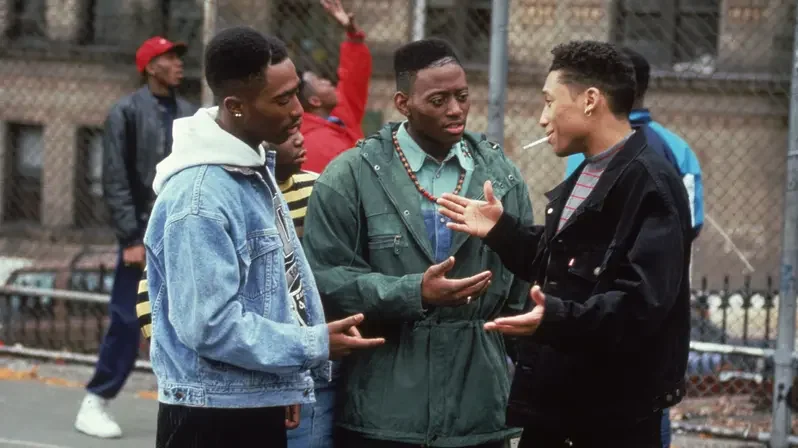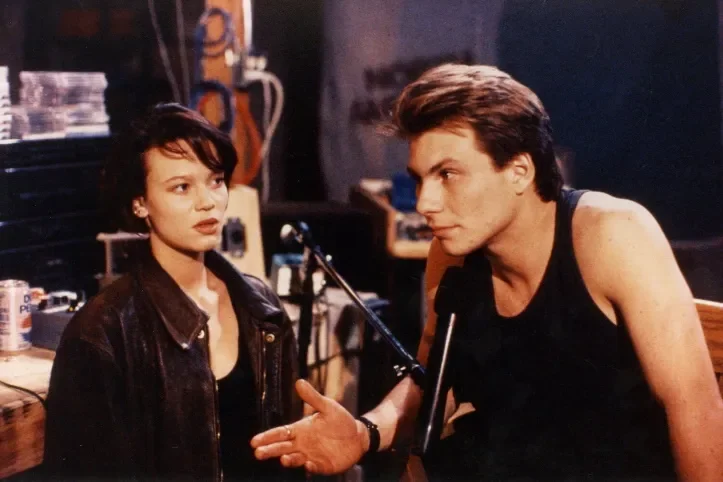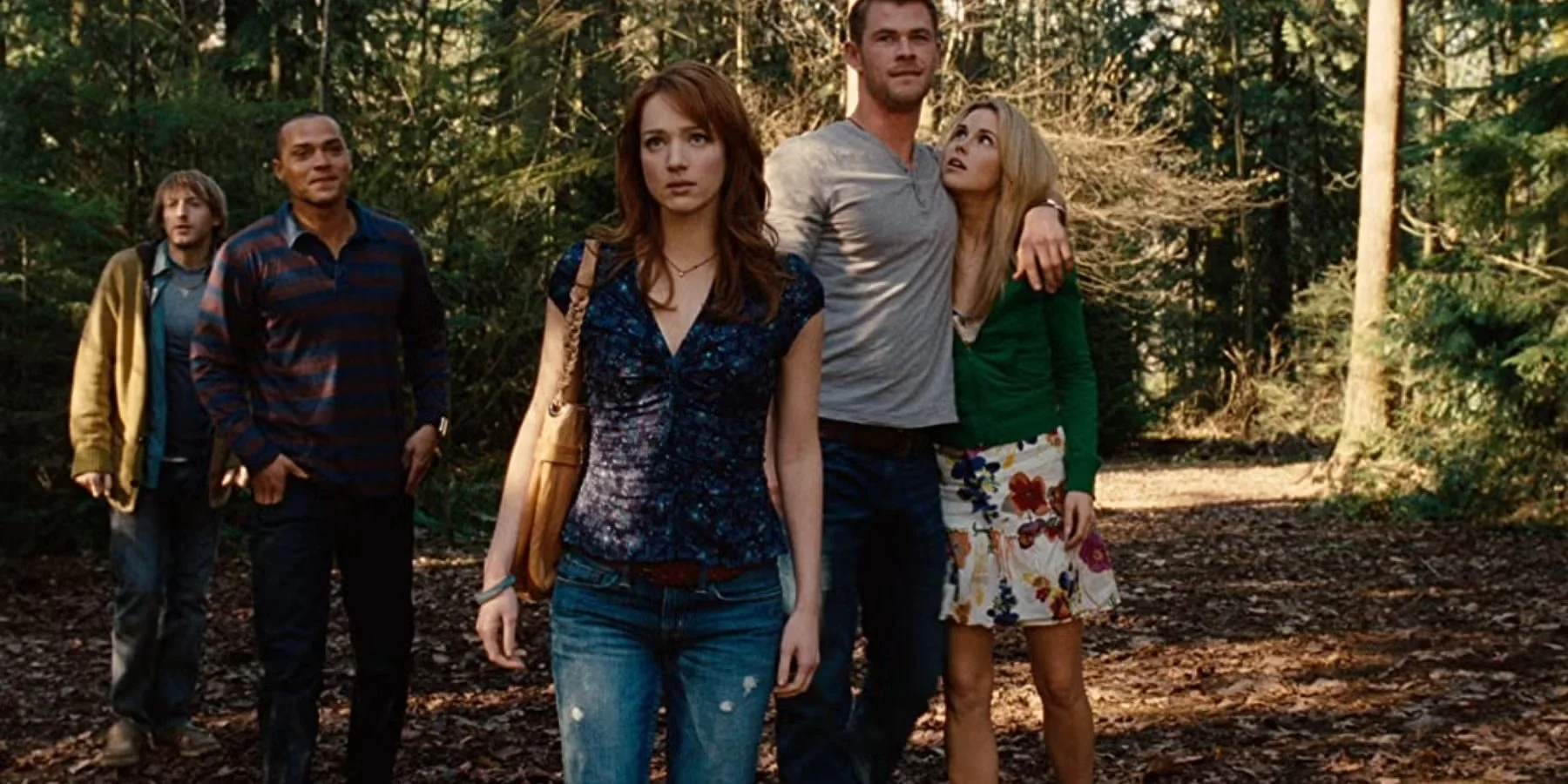Rental Family
(Hikari, 2025)
⭐️⭐️⭐️⭐️ 1/2
“Rental Family”, the 2025 film from director Hikari, is all about connections. Connections to feel alive. Connections to combat loneliness. Connections to relive the past. Connections to replace something missing. Connections to be reminded of one’s humanity. These are all explored with a touching bit of emotional depth, humor, and curiosity set against a backdrop of Japan. A city that big and full of people can easily be an isolating experience. One can watch so many others carry out their lives while seeing their own life race towards a sense of nothingness. A layered performance from Brendan Fraser makes “Rental Family” a must-watch for anyone yearning and desperate to feel something, especially when they go to a movie theater.
Fraser plays the role of Phillip Vandarploueg, an American actor who has made Japan his home for the past 7 years. He initially found fame doing an over-the-top toothpaste commercial, but he now struggles to find continued work. A call from his agent leads him to unexpectedly taking a job as a “sad American” at a staged funeral. This opens his eyes to the company known as Rental Family, a business that sells experiences for people who need some type of connection in their lives. The company is run by Shinji (Takehiro Hiro), and he is assisted by Aiko (Mari Yamamoto) and Kota (Kimura Bun). Phillip signs on as the “token white guy”, and nearly balks on his first assignment, which is a staged wedding for an already married lesbian woman who wants to move to Canada with her but also wants to give her parents the experience of a traditional Japanese wedding. After the initial stage of learning the company ropes, Phillip settles into his new “acting” gig. He takes on two particular jobs that form the foundation of the film’s plot. He poses as a writer to interview retired actor Kikuo Hasegawa (Akira Emoto), and he poses as the American father of Mia (Shannon Mahina Gorman), a schoolgirl whose mother is trying to get Mia enrolled in a prestigious private school.
It should be difficult to see where the film goes from here. Phillip, who is lonely to the point of watching other people connect through the isolation of his apartment’s balcony and whose only real connection is with a friendly sex worker, bonds with Kikuo and Mia beyond the scope of his job’s requirements. The film establishes Phillip never had much of a relationship with his own father. Naturally, he finds a father figure in Kikuo, who suffers from dementia but longs to return to his childhood home once more. Phillip also learns how to be a father by spending time with Mia, who also happens to grow fond of this new person in her life. While the film might go towards expected results with both relationships, it does enough with the final results to subvert expectations. These relationships and connections are real to Phillip, even though he is supposed to be acting. He finds something that has sorely been missing while spending time with Kikuo and Mia, and this forms a large portion of the film’s heart, warmth, and emotional pull.
Phillip also finds a connection with his work family, although that relationship is not explored in great detail until the events of the final act. While I will not spoil what exactly happens, I will say some might find the final act a bit out of left field, although Hikari does enough to keep things grounded like the rest of the film. The payoff between Phillip and his co-workers, however, does land in a way that will make the journey worth taking. Let me just say Philip is not the only employee of Rental Family needing a connection.
All of this heart and emotional pull simply would not work without Fraser’s turn as Phillip. He is the heart and soul of the film, and he carries so much of the film with simple acting choices. A facial expression or a subtle pause to listen is all he needs to convey what Hikari wants the film to tell the audience. Phillip is struggling with so much on the inside, and Fraser brings all of that out in his interactions with the rest of the cast. It is a performance worthy of awards consideration.
The beauty of “Rental Family” also comes with the way Hikari and cinematographer Takuro Ishizaka present Tokyo and, eventually, rural Japan. Everything is shot so beautifully and pristine, and it’s done in a way to convey that beauty really is everywhere. This is a lesson Kikuo teaches Phillip, and it’s a lesson the audience is taught as well. The beautiful way Japan looks also serves as a cover for how isolated and lonely people can feel in a place so vast. Even though there are people everywhere, especially in the scenes shot in Japanese cityscapes, it is easy to get lost in the shuffle to the point of needing a company like Rental Family to manufacture connections.
“Rental Family” does a magnificent job of dealing with loneliness, isolation, and longing for connections. It presents questions that do not have easy answers, especially about the actions of a company like Rental Family. You cannot simply turn off a connection when it is established. Real life does not work like that. “Rental Family” explores this in a touching way that delicately walks between warm humor and serious drama. It is a movie about the beauty of life and the beauty of sharing life with others. Go see the movie and make a connection with it.
This review is part of my Now Playing series showcasing new releases I watched in a theater setting.





Atomic Blonde” presents a visually sleek, stylized, and dynamic look at Berlin just before the fall of the Berlin Wall while featuring a soundtrack as killer as its lead actress.